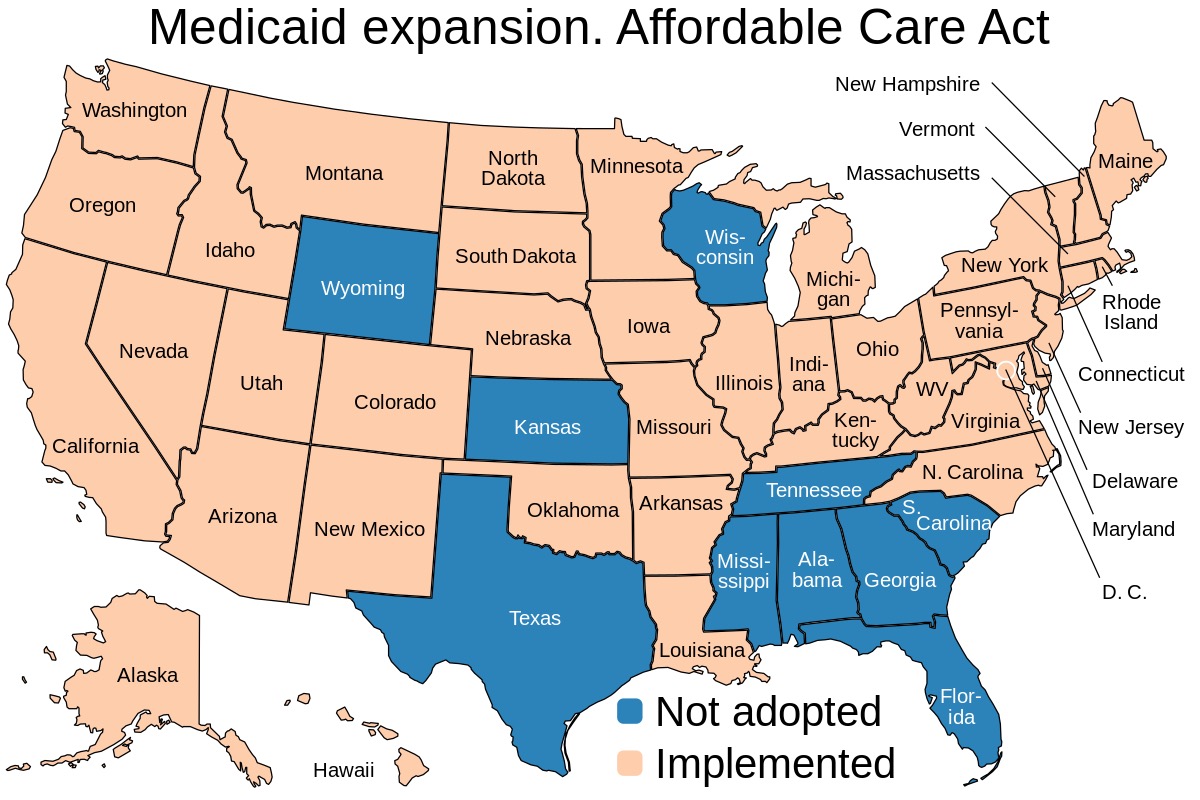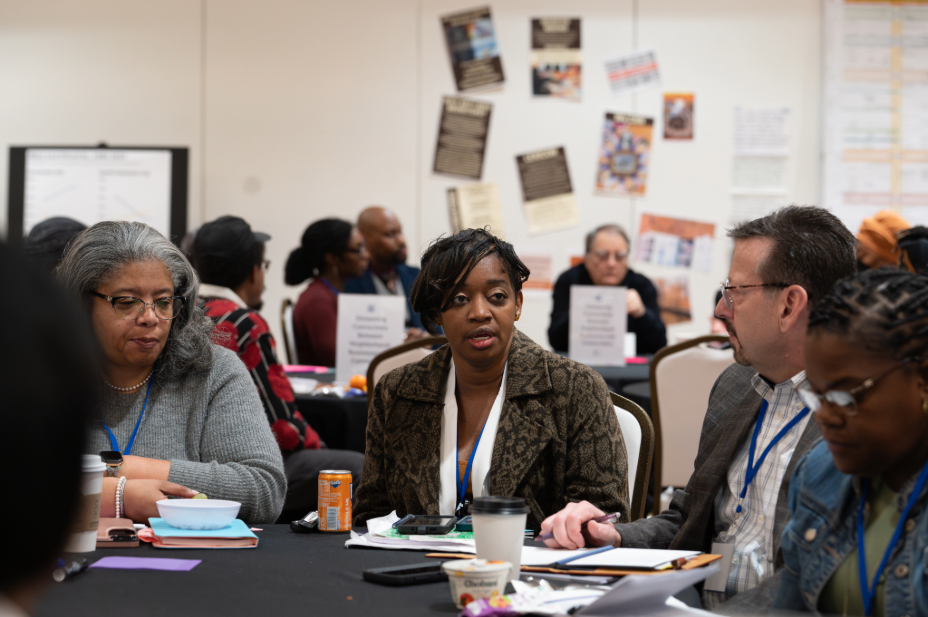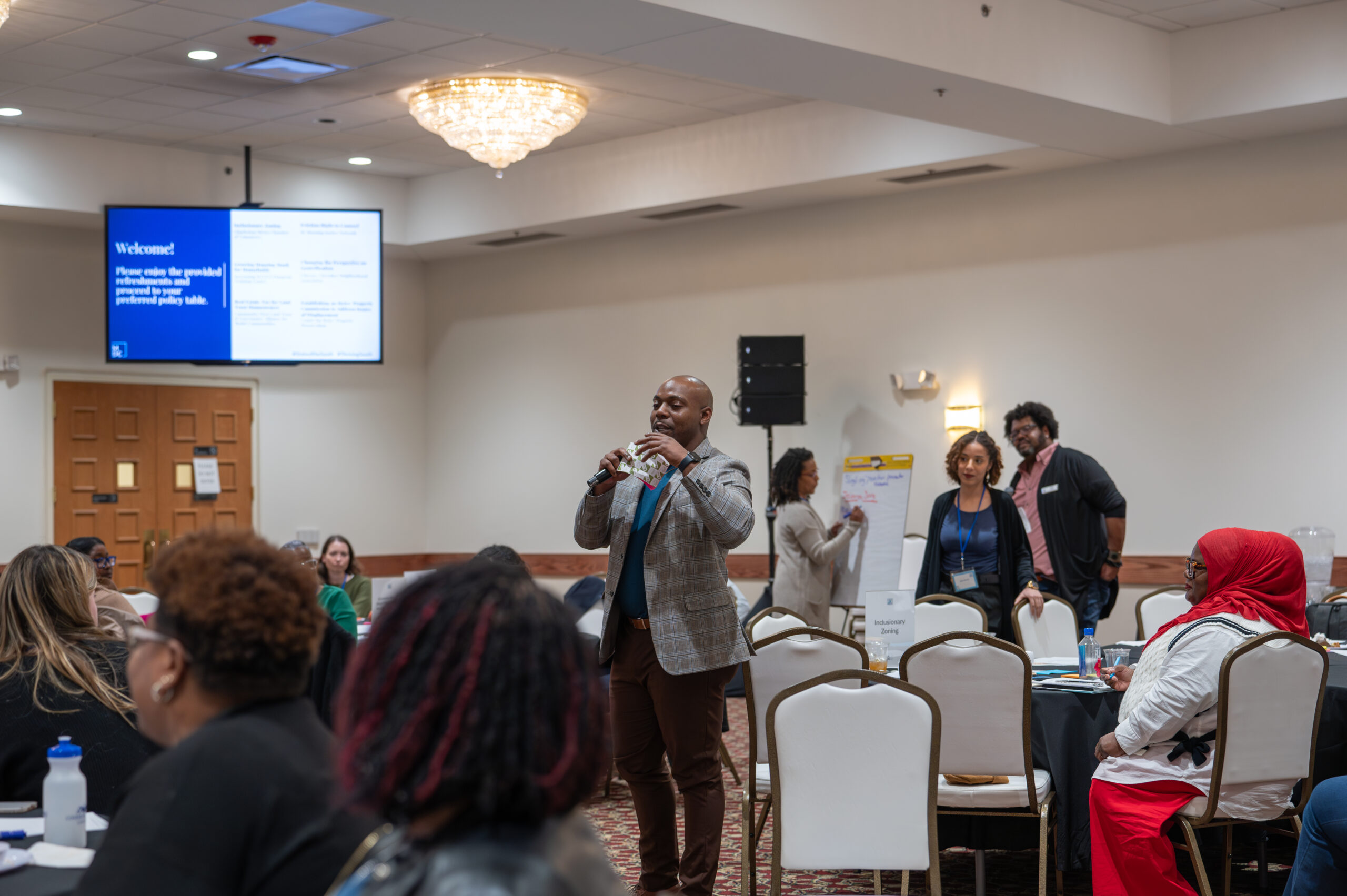The Power of Effective Communication to Advance Racial Equity
Jan 25, 2019
As one of our core Building Blocks for racially equitable work, the Race Matters Institute of MDC, Inc. includes “effective communication around race, racism, and the benefits accruing to all as a result of racially equitable work.” Here is some guidance around words and messaging for communications to advance racial equity.
Words Matter!
- Wherever possible, ask people their preference about what racial designation to use in a story related to them. Otherwise, seek out literature that can suggest appropriate designations.
- Avoid racially charged, dehumanizing language (e.g., “invasion of newcomers”)
- Show where agency (and the responsibility for change) resides, using active voice (e.g., instead of “hundreds of people were disenfranchised,” say who did what to produce that result.)
- Avoid adjectives lodging problems in people themselves (e.g., instead of “vulnerable families” or “at-risk youth”, say “families vulnerable to ______,” “youth at risk of ______.”) (You may have heard this as the suggestion to use “people first” language.)
- Remain current with thinking around language preferences in the various specialty areas you cover.
- Carefully review job postings to reduce the likelihood that word choice does not turn applicants away.
- Be careful about using different characterizations of the same behaviors for people from different racial/ethnic groups.
Framing productive messages
- Go beyond framing racism in terms of interpersonal dynamics; focus on institutional policies and practices. Prioritize data that can tell the structural story. Choose people and circumstances to highlight that illustrate the structural story.
- Question the bootstraps narrative with user-friendly structural analysis.
- Document how advancing racial equity benefits people, organizations, communities, and/or the nation broadly. Avoid presenting steps toward racial equity as a zero-sum situation.
- Expand/diversify your sources for storyline ideas, commentary, and content.








